No products in the cart.
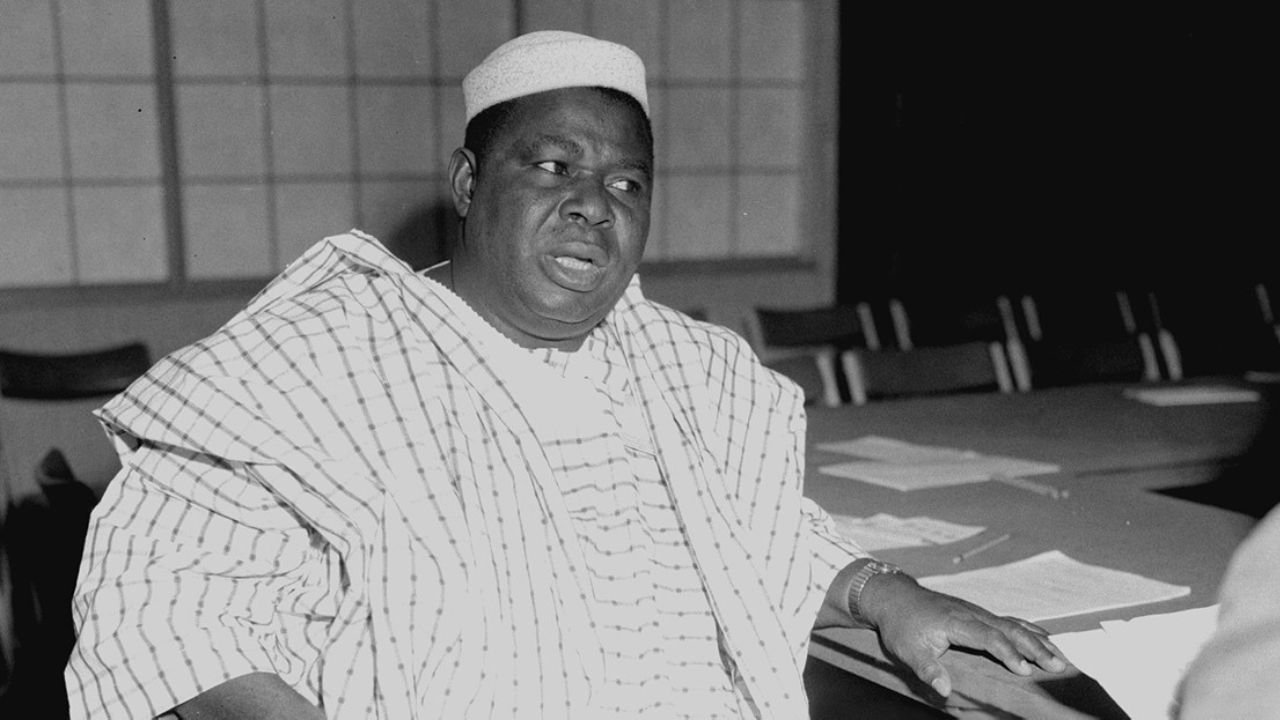
Nigeria’s early political history is replete with colourful characters, but few were as flamboyant, influential, and controversial as Chief Festus Okotie-Eboh. On the 113th anniversary of his birth, we remember a man of dazzling wealth and charm.
Okotie-Eboh played a significant role in Nigeria’s journey from colonial dependency to independence. From humble beginnings to holding the key to Nigeria’s financial future, and ultimately falling victim to the nation’s first military coup, his life was anything but ordinary.
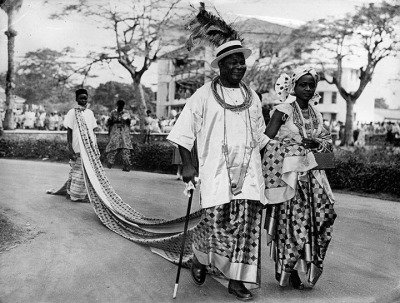
Here are 30 fascinating facts about the man who served as Nigeria’s first and longest-serving Finance Minister.
Contents
Early Life and Multicultural Roots
1. Festus Okotie-Eboh was born on July 18, 1912, in Sapele, Delta State, to an Itsekiri chief from Bateren/Jakpa and an Urhobo mother, Ekayoda Ojegba. He had a rich multicultural heritage, as his maternal great-grandmother was from Agbor, and his mother also spoke Kwale-Igbo as a native language. He was fluent in three languages: Urhobo, Itsekiri, and English, which made him versatile in interacting across ethnic lines in the Niger Delta and beyond.
2. Okotie-Eboh’s upbringing was shaped by Christian values, as he lived under the tutelage of Reverend Aghogin Omatsola of the First Baptist Church, Sapele.
Education and Early Career
3. Okotie-Eboh was 20 years old when he started his primary school education at Sapele Baptist Primary School between 1932 and 1936, and by 1937, he returned to the same school as a teacher.
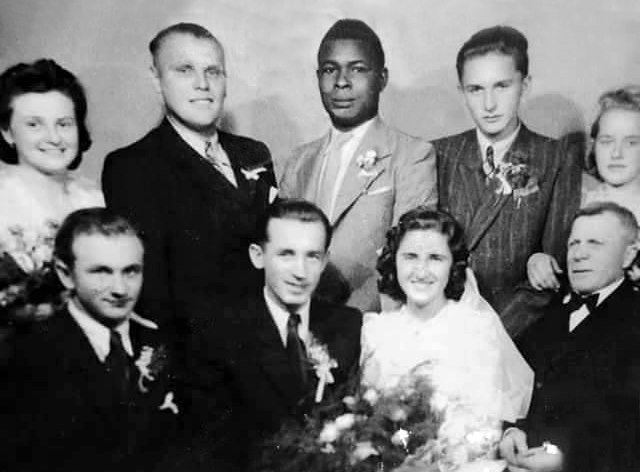
4. He left teaching to become an Assessment Clerk in the Sapele Township Office, marking his first foray into public administration.
5. Festus Okotie-Eboh joined the Bata Shoe Company as an accounting clerk, quickly rising through the ranks and eventually becoming the company’s chief clerk and accountant in Lagos for West African operations. In 1947, he became the first Nigerian manager of Bata Shoe Company, returning to Sapele as Deputy Manager. As part of Bata’s community outreach, he established a football team in Sapele, showing his commitment to youth development and recreation.
International Education and Business Prowess
6. In 1947, Festus Okotie-Eboh travelled to Prague, Czechoslovakia, where he earned a Diploma in Business Administration and Chiropody (the treatment of the feet and their ailments). Upon returning, he resigned from Bata to pursue entrepreneurship, establishing successful businesses in timber and rubber exports.
7. His Afro-Nigerian Export and Import Company exported ribbed smoked sheets to Europe and North America, positioning him as a major Nigerian exporter. In 1958, he established a rubber crepe factory, and in 1963, he launched the Omimi rubber and canvas shoe factory in Sapele.
8. Festus Okotie-Eboh formed key international partnerships, including with Dizengof and Cutinho Caro, leading to the creation of the Mid-West Cement Company and Cabinet Works in Unameji.
Contributions to Education
9. Okotie-Eboh married Victoria in 1942, and together they founded several schools, beginning with the Sapele Boys’ Academy. He founded Zik College of Commerce and Sapele Academy Secondary School, further demonstrating his passion for education.
10. During apartheid in South Africa, Festus Okotie-Eboh employed indigenous South Africans as teachers, showing his stand against racial segregation and his commitment to African solidarity.
Political Career and Electoral Success
11. Festus Okotie-Eboh entered politics in 1948, winning a seat in the Warri Divisional Council. He was a grassroots politician, serving on multiple advisory boards and councils, including the Sapele Township Advisory Board and Warri Ports Authority Committee.
12. Okotie-Eboh was never defeated in any election, whether in Sapele, Warri, or the Western Region, a testimony to his popularity and influence. In 1951, he was elected to the Western House of Assembly, and in 1954, he became the treasurer of the National Council of Nigeria and the Cameroons (NCNC).
13. Chief Festus Okotie-Eboh was appointed Minister of Labour and Social Welfare in 1955, and in 1957 became Nigeria’s first Federal Minister of Finance and the longest serving to date. He would go on to serve for eight years, four months and 16 days until his assassination.
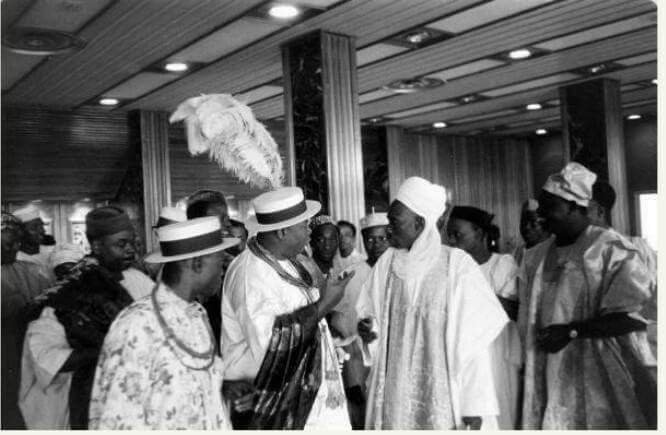
Architect of Nigeria’s Financial Institutions
14. Chief Okotie-Eboh introduced the Pay As You Earn (PAYE) tax system, still widely used in Nigeria today. He played a pivotal role in establishing the Central Bank of Nigeria in 1958, replacing the colonial-era West African Currency Board.
15. Festus Okotie-Eboh ensured Nigeria printed its first national currency in 1959, ahead of independence in 1960. A popular song praised him for introducing the new money, with the lyrics “Okotie-Eboh gb’owo tutun de,” which means Okotie-Eboh has brought new money.
16. He supervised the creation of Nigeria’s Securities Commission, the precursor to today’s Securities and Exchange Commission (SEC). He also laid the foundation for the Nigerian Stock Exchange and the Nigerian Investment and Development Bank.
17. Okotie-Eboh restructured the Nigerian Customs Service, integrating it into the Ministry of Finance and introducing Preventive Services to combat smuggling.
Visionary National Development
18. Chief Festus Okotie-Eboh passionately lobbied the German government to fund the Eko Bridge, after the British and Americans declined. Julius Berger was contracted to build it. He planned major road projects, including Ikorodu Road, East-West Road, and the Effurun-Port Harcourt Road.
19. He secured a £10 million loan in 1959, used to extend the Jos-Maiduguri railway and upgrade Apapa Port in Lagos.
Foreign Relations and Diplomacy
20. Festus Okotie-Eboh was well-travelled and met several global leaders, including Pope Pius XII, Pope John XXIII, U.S. President John F. Kennedy, and Israeli Prime Minister David Ben-Gurion. He also met Emperor Haile Selassie of Ethiopia and Queen Elizabeth II, demonstrating his international stature.
21. In 1965, he held talks with Morarji Desai, India’s Finance Minister, and visited General Moshe Dayan of Israel.
Regional Legacy and Industrialisation
22. Festus Okotie-Eboh brought the Escravos Bar Project to Warri, enhancing navigability for ships and trade. He ensured Gulf Oil sited its operations in Escravos, boosting regional oil wealth and infrastructure.
23. Festus Okotie-Eboh facilitated the siting of a Federal Government College in Warri, one of only three inter-regional colleges at the time. He developed Koko Port Phases I & II, and initiated the Koko-Ogheye road project. He built the floating jetty at Ode-Itsekiri, improving water transport in the Niger Delta.
24. Okotie-Eboh founded Omimi Plastics and Omimi Shoe factories, promoting industrialisation in Sapele. He also began work on a cocoa-based products factory, which was still in development at the time of his death.
Personal Traits and Final Years
25. Chief Festus Okotie-Eboh was deeply religious, building a memorial Baptist Church in Sapele and going on pilgrimages to Jerusalem and Rome.
26. His flamboyant fashion earned him the nickname “Omimi-Ejoh, Ejoh Bilele”, meaning “the man with long features and flowing wrappers.”
27. Chief Festus Okotie-Eboh funded political activities personally, with Chief Richard Akinjide noting that Okotie-Eboh was richer than the NCNC party itself.
28. Okotie-Eboh did not amass wealth from politics, and his absence from business during his political career led to a financial decline.
29. Chief Festus Okotie-Eboh was assassinated during Nigeria’s first military coup of January 15, 1966. He was 53. He was the only cabinet minister who served under Prime Minister Sir Abubakar Tafawa Balewa to have been killed in that coup.
30. At the time of his death, Okotie-Eboh was survived by 14 children and his wife, Victoria; most of his children were very young. He was buried over one year later in Sapele without fanfare or national honours.
Conclusion: A Man of Paradox
Chief Festus Okotie-Eboh was a paradoxical figure; both celebrated and criticised, adored and feared. He stood at the crossroads of commerce, politics, and patriotism during one of the most transformative periods in Nigerian history. While his flamboyance and wealth drew envy and suspicion, his contributions to the nation’s financial foundation are undeniable. His assassination in 1966 not only silenced a powerful voice but also marked the descent of Nigeria into decades of military rule.
Today, his legacy lives on in the institutions he helped to build and in the memory of a man who dared to dream and dress on a grand scale.
Your support can make a world of difference in helping us continue to bring Nigeria’s rich history to life! By donating to HistoryVille, you’re directly contributing to the research, production, and storytelling that uncover the incredible stories of our past. Every donation fuels our mission to educate, inspire, and preserve our heritage for generations to come.
Additionally, if you’re a business or brand, running adverts with us is a powerful way to reach an engaged audience passionate about history and culture while supporting content that matters.
Please stay connected with us through our social media handles and make sure you are subscribed to our YouTube Channel. Together, let’s keep the stories of Nigeria’s past alive.

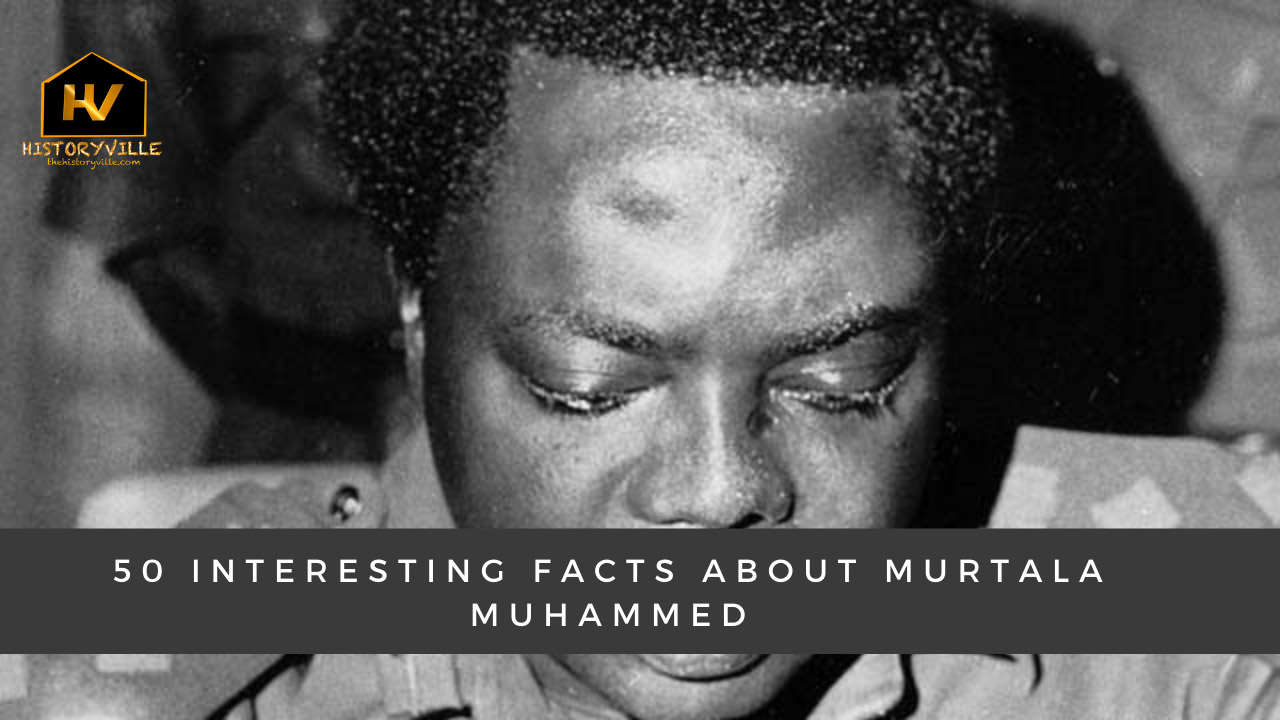
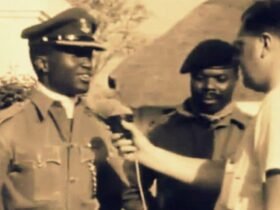
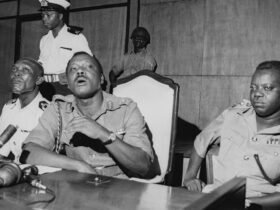



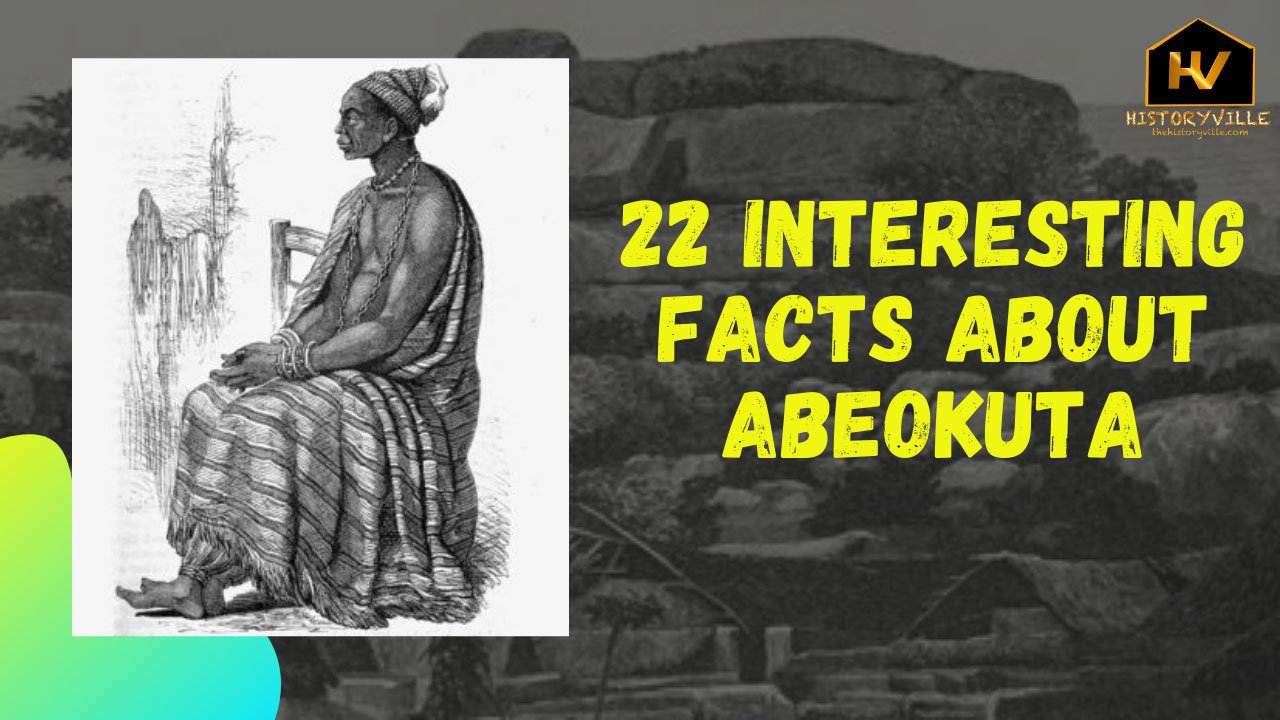
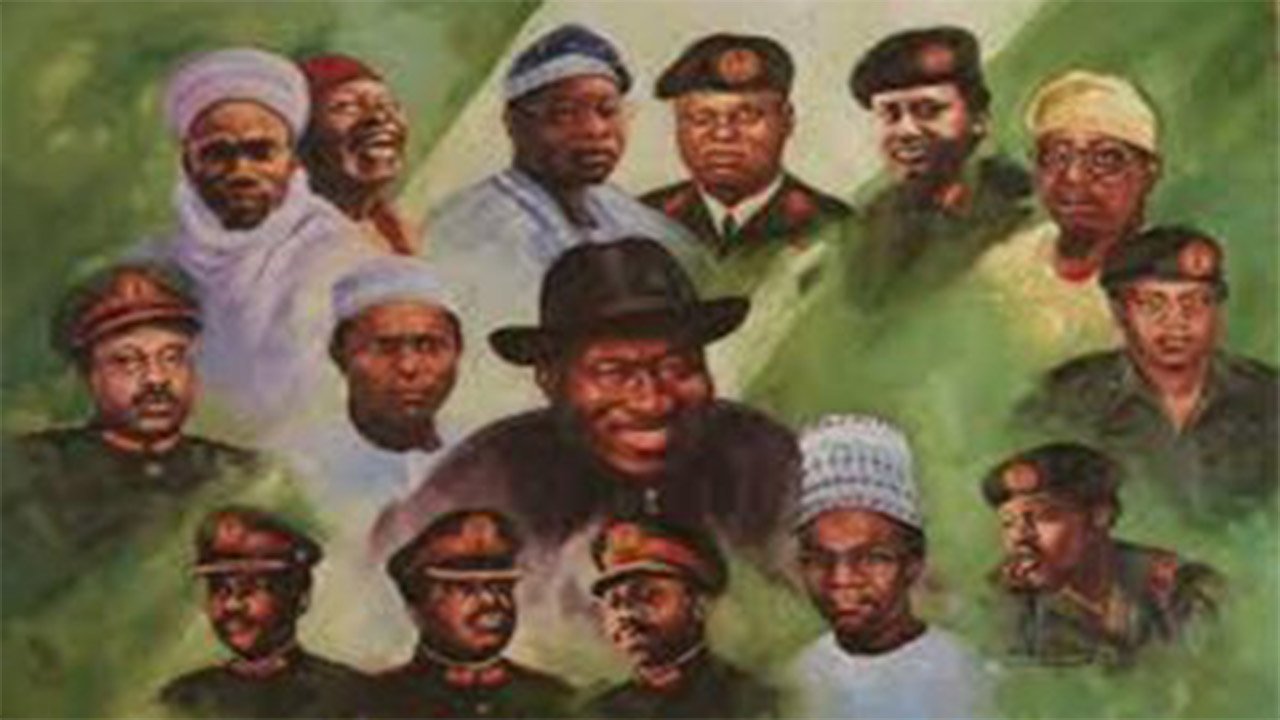
Leave a Reply
View Comments